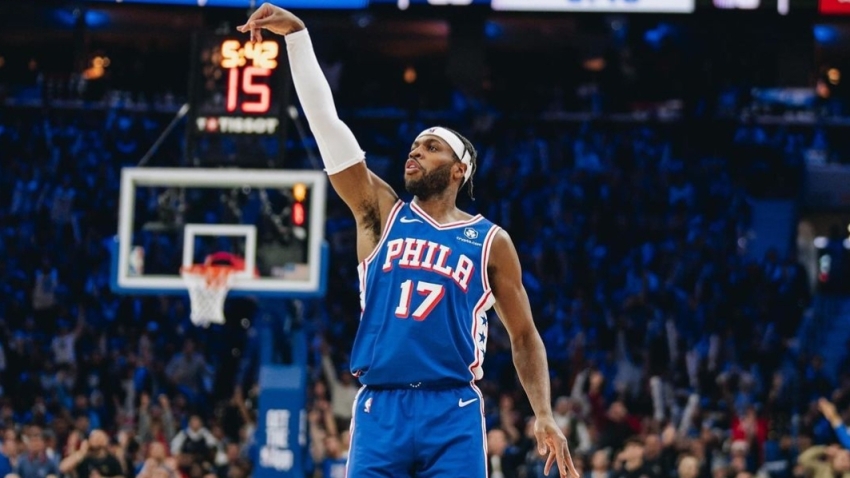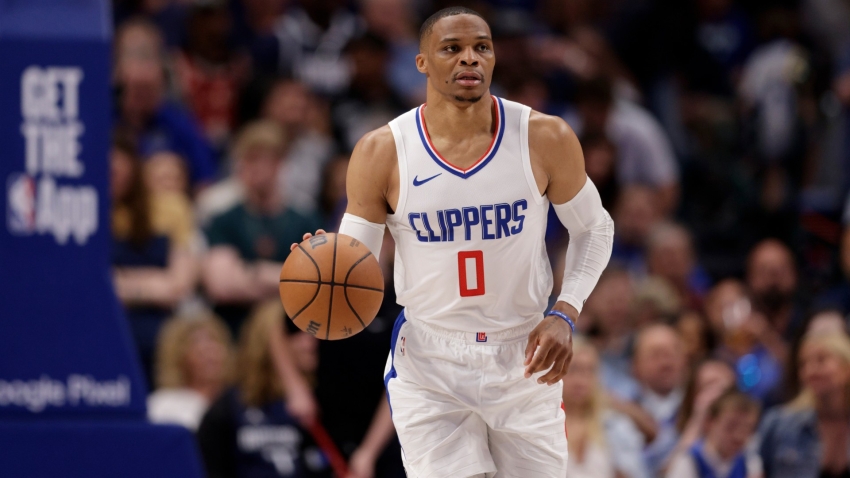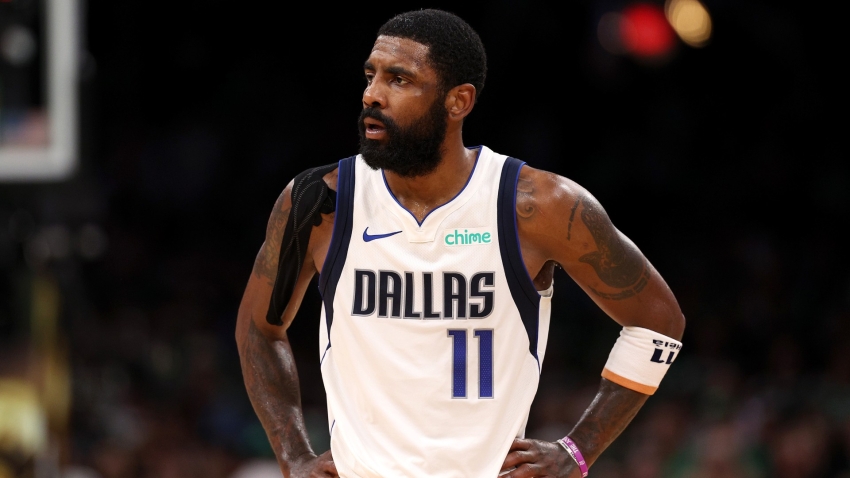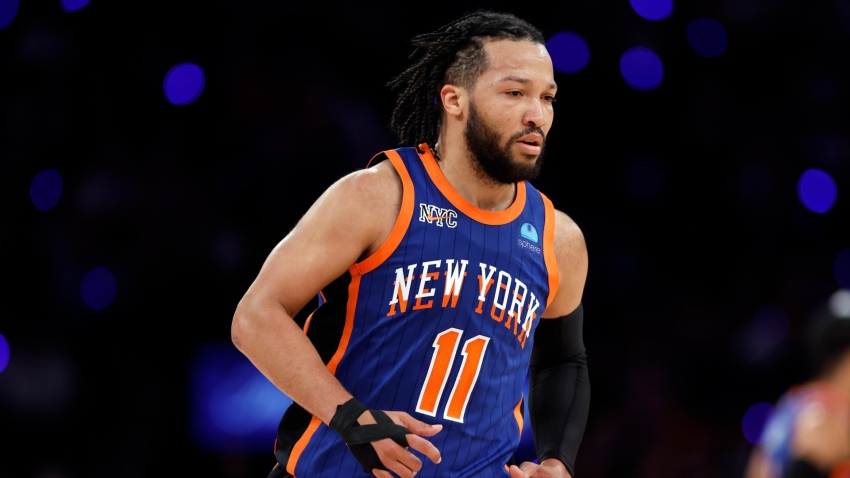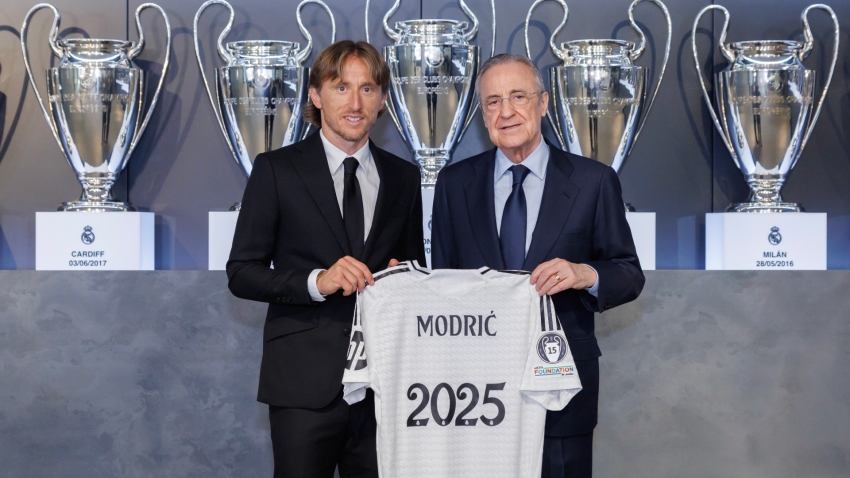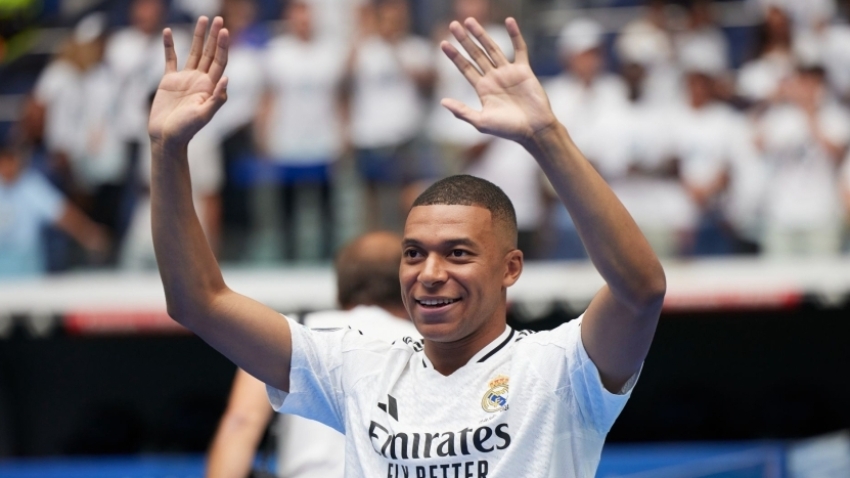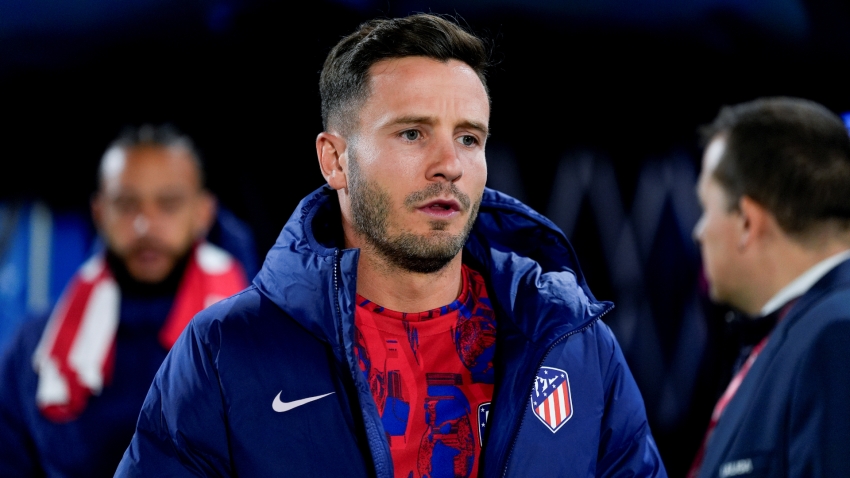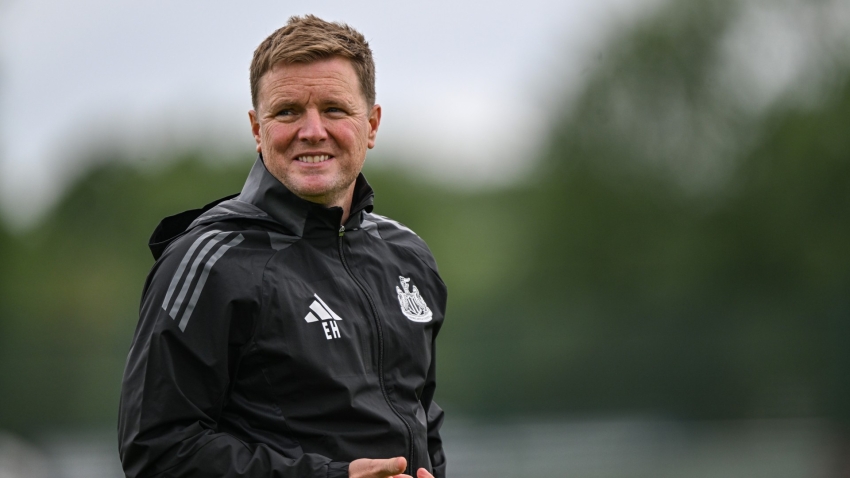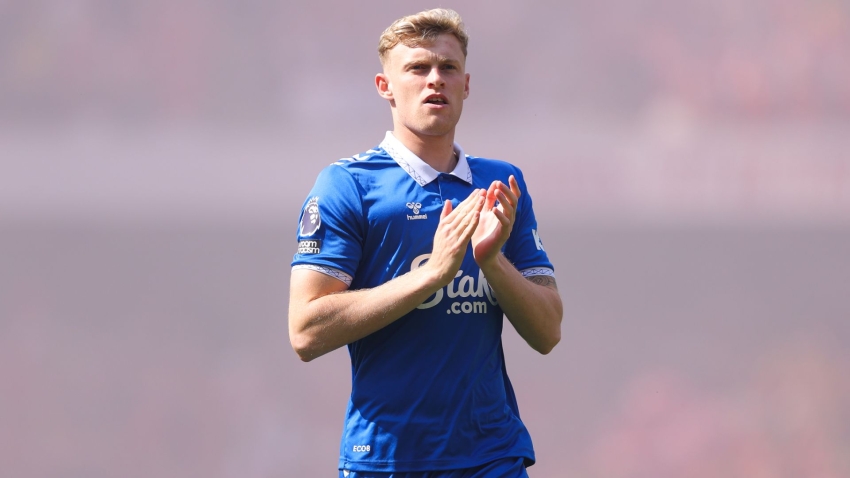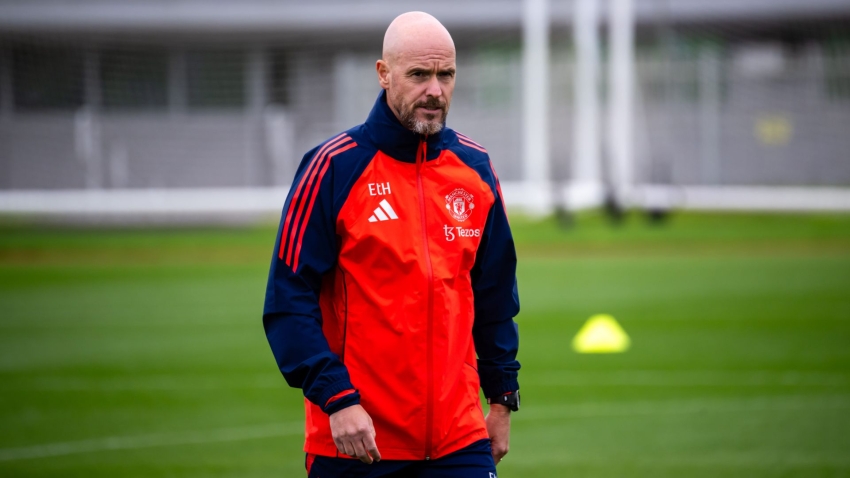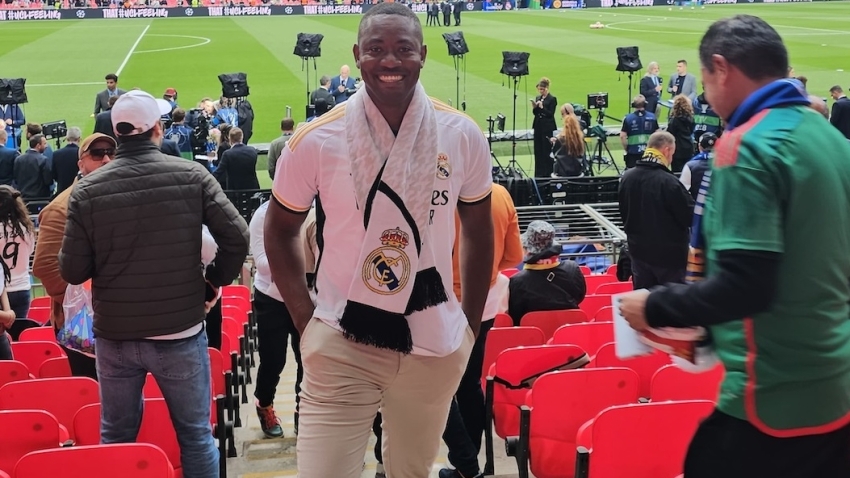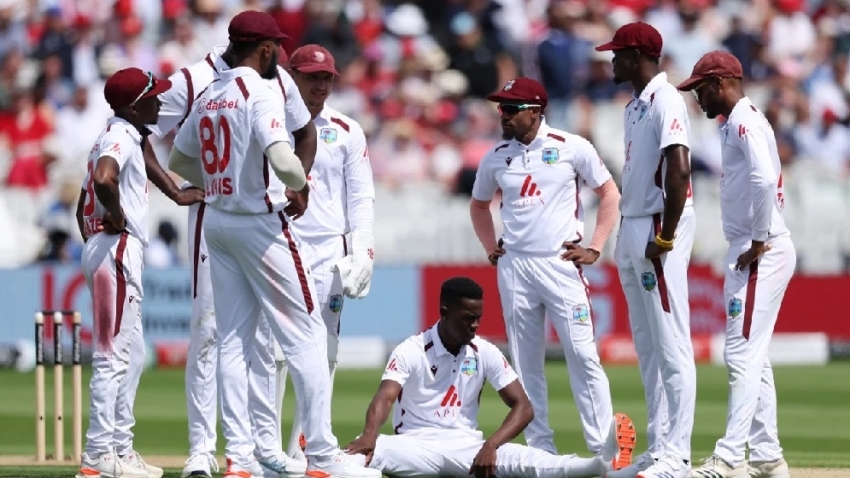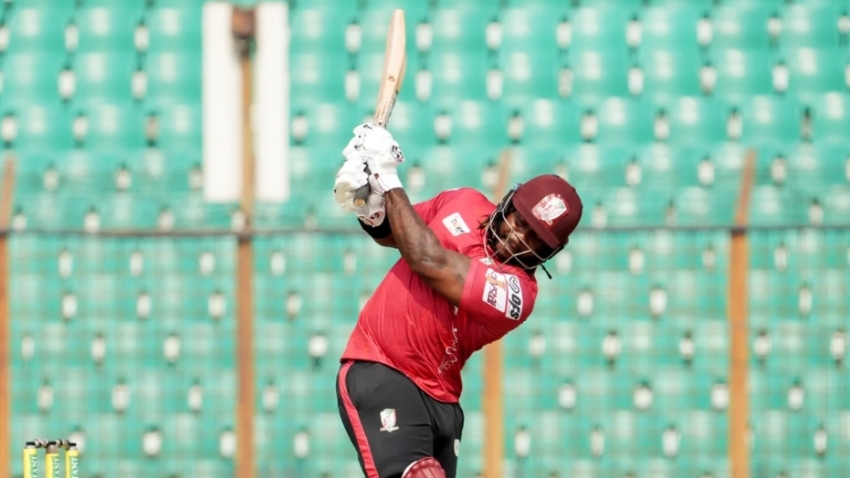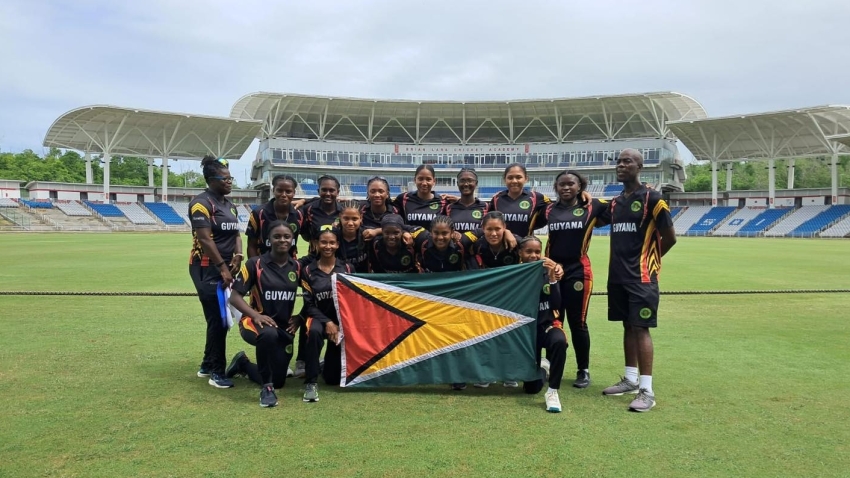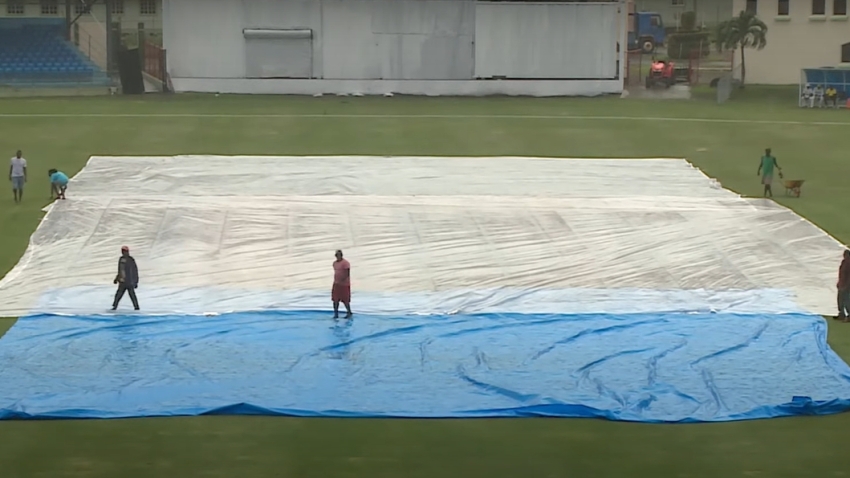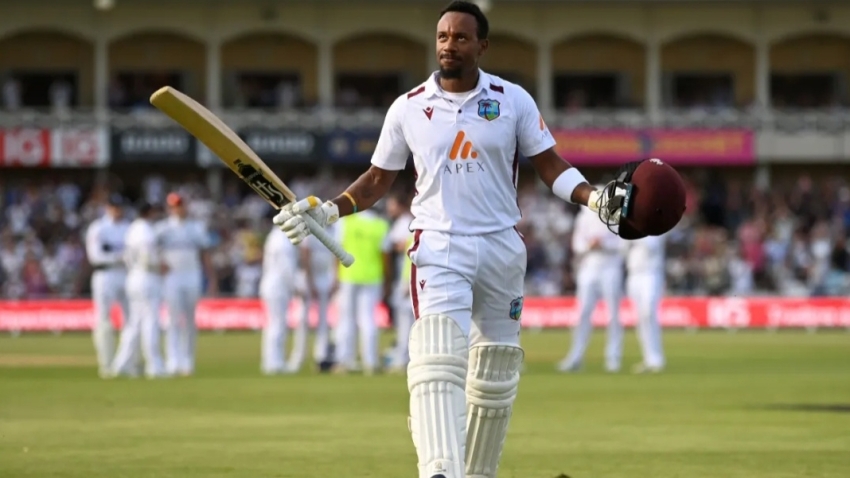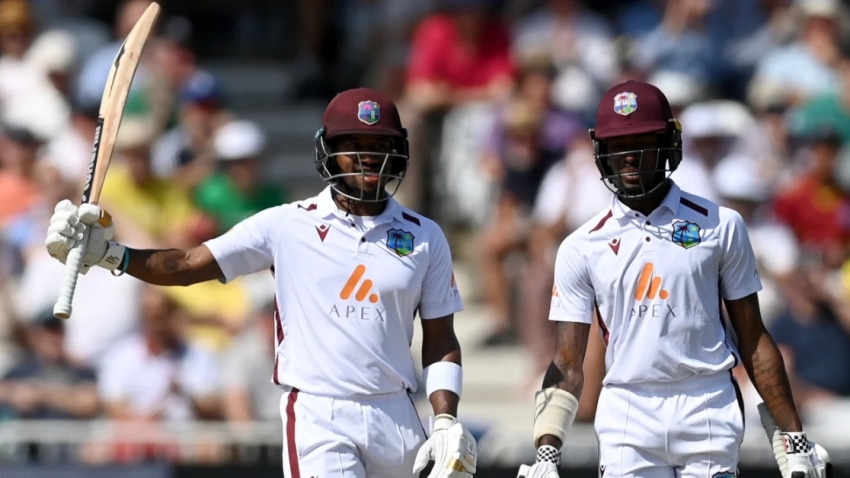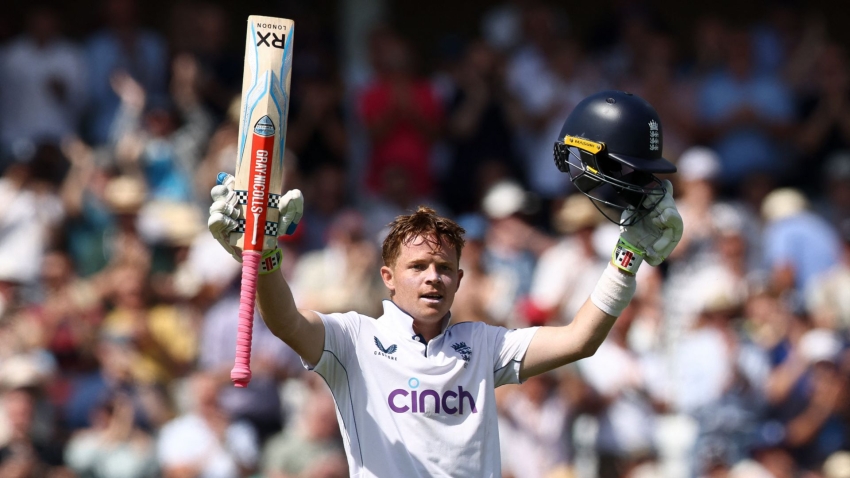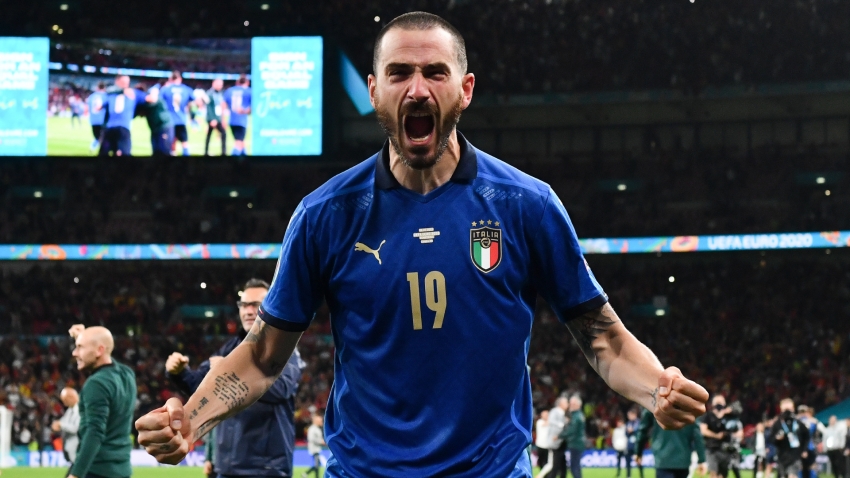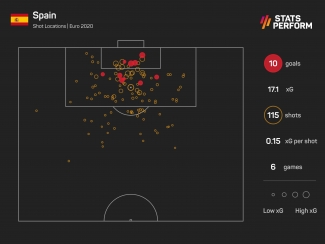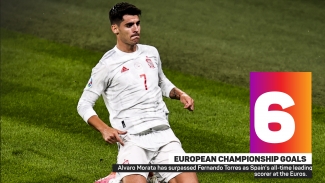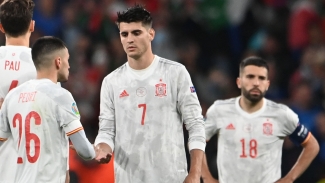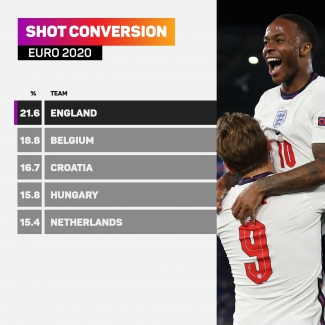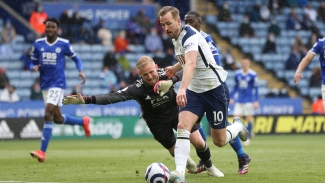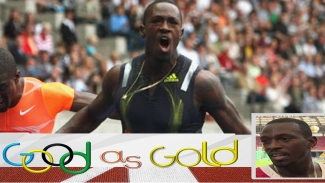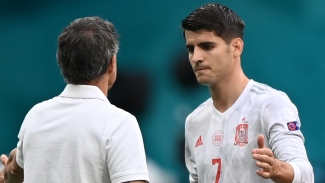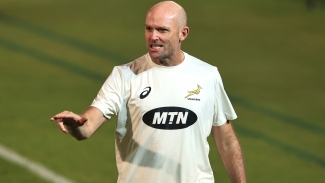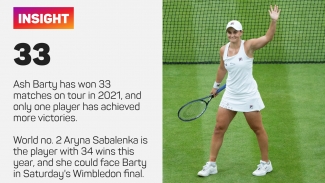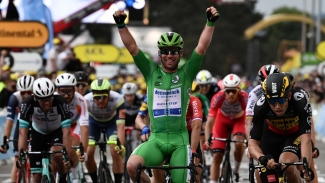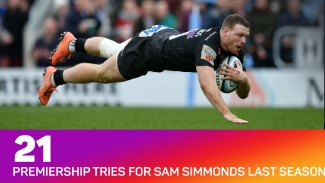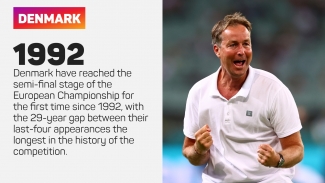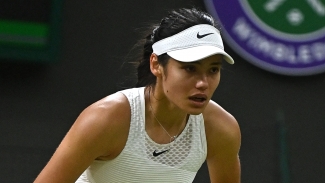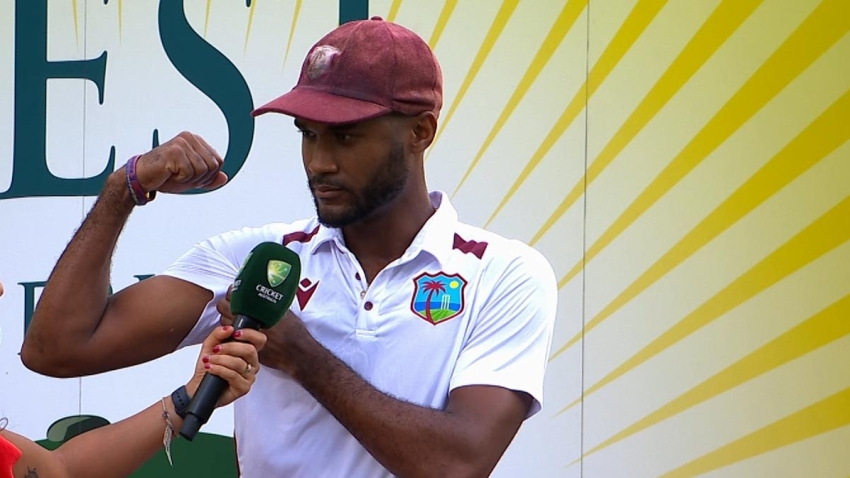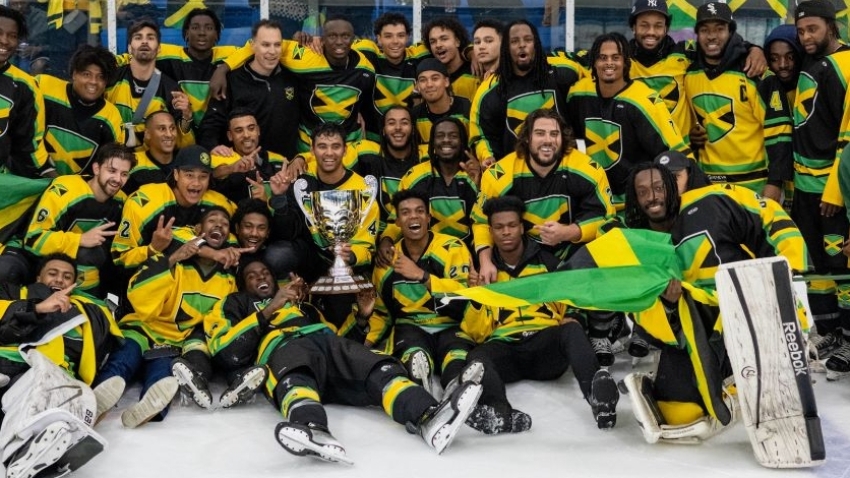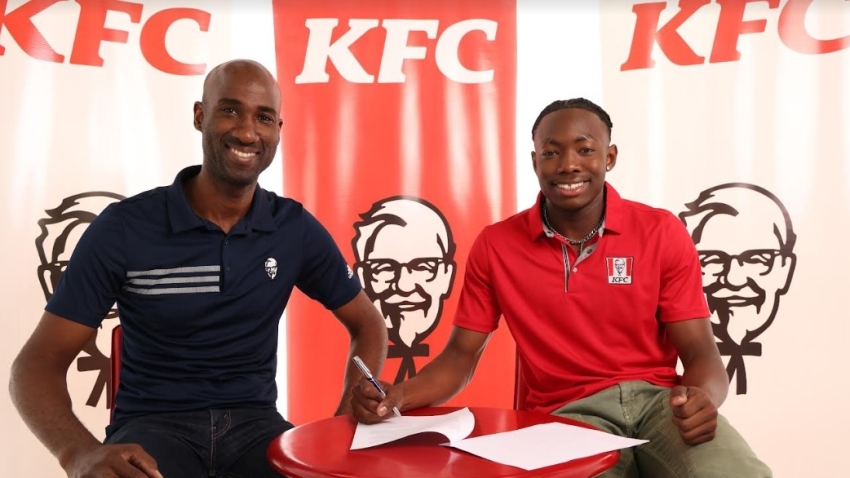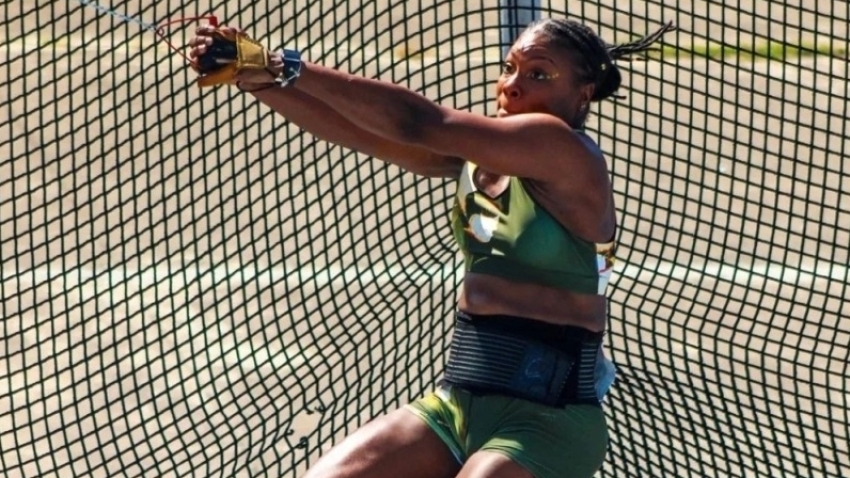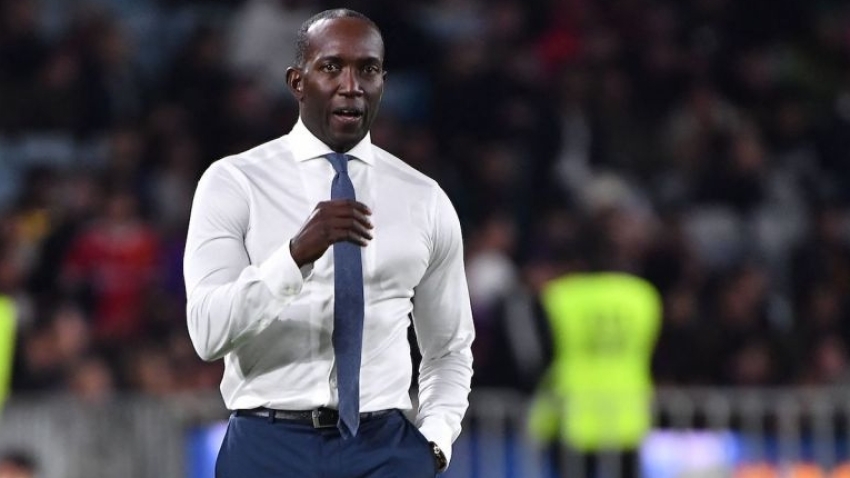The British and Irish Lions are focused on delivering a strong showing against the Sharks on Wednesday rather than uncertainty over their schedule due to the coronavirus.
Warren Gatland's side thrashed Johannesburg's own Lions 56-14 in their opening tour match at Ellis Park on Saturday, Josh Adams helping himself to a four-try haul.
Tom Curry, Josh Navidi and Adam Beard will now make their Lions debuts, while Iain Henderson takes over as captain for a midweek showdown with the Sharks at the same venue.
Sam Simmonds comes in for his first international start in over three years, but it is once again COVID-19 cases rather than selection that has dominated the pre-match talk.
The Springboks suspended training on Monday after Lood de Jager tested positive for the virus, with the players forced back into isolation.
Positive cases in the Bulls camp have put Saturday's match in doubt, but Lions defence coach Steve Tandy said they are taking a flexible approach.
"We'd weigh up if we need to give the boys a day off, if we need an internal match or a heavier loaded contact day," Tandy said when asked about plans if the Bulls game is called off.
"Through COVID, I think you learn you need to adapt. You can have the best laid plans, but things move really quickly and change - it's just be prepared for whatever comes our way at whatever moment in time. Whatever the group needs, more contact, an extra day off for recovery - we'll just adapt that as we go."
Phepsi Buthelezi returns t0 lead the Sharks at number eight, while Khutha Mchunu takes Wiehahn Herbst's place in the front row.
SIMMONDS DETERMINED TO GRASP HIS CHANCE
Simmonds has continued to be overlooked by England head coach Eddie Jones despite producing consistently outstanding performances for Exeter Chiefs.
The number eight, comfortably the leading try-scorer in the Premiership last season with 21, is determined to show he belongs on the Test stage.
"When you are starting you really get the opportunity to show what you can do and hopefully put what I have been doing in the last year or so into a Lions jersey," Simmonds said.
"As soon as I got selected for the Lions squad that was my sole focus – to push everyone here, to push to try and get as many games as I can and as a team the ultimate goal is to win the Test series in South Africa."
GATLAND WANTS BACK ROW TO PUT ON SHOW
New Zealander Gatland is excited to see what the back row he has selected can serve up in the second tour match.
"There's a huge amount of competition in the back row and I spoke to them all last night and just said, 'Look, you've got a licence from me to get your hands on the ball'," coach Gatland said.
"I want them to express themselves. I said they are probably not renowned as lineout experts but you have to play to your strengths, and they are strong defenders and great ball carriers.
"It's a different aspect to look at, but it's exciting and I’m really looking forward to seeing how they go as a trio. If you look at those players they are strong defenders, exciting ball carriers."
British and Irish Lions: Liam Williams, Anthony Watson, Elliot Daly, Bundee Aki, Duhan van der Merwe, Dan Biggar, Gareth Davies; Mako Vunipola, Luke Cowan-Dickie, Zander Fagerson, Iain Henderson (captain), Adam Beard, Josh Navidi, Tom Curry, Sam Simmonds.
Replacements: Ken Owens, Rory Sutherland, Tadhg Furlong, Tadhg Beirne, Jack Conan, Conor Murray, Stuart Hogg, Chris Harris.
Sharks: Manie Libbok, Werner Kok, Jeremy Ward, Marius Louw, Thaakir Abrahams, Curwin Bosch, Jaden Hendrikse; Khwezi Mona, Fez Mbatha, Khutha Mchunu, Ruben van Heerden, Hyron Andrews, James Venter, Thembelani Bholi, Phepsi Buthelezi (captain).
Replacements: Kerron van Vuuren, Ntuthuko Mchunu, Wiehahn Herbst, JJ van der Mescht, Reniel Hugo, Dylan Richardson, Grant Williams, Anthony Volmink.
Key Opta facts
- The Sharks and the Lions met in 2009, with the tourists winning that match 39-3. Lee Mears, Mike Phillips, Luke Fitzgerald, Lee Byrne and Jamie Heaslip all crossed for tries.
- The Lions have won 10 of their 11 fixtures against the Sharks/Natal, the exception being a 3-3 draw back on the 1924 tour.
- The Sharks had a 50 per cent win rate in the recently concluded Rainbow Cup SA (W3, L3), beating the Johannesburg-based Lions twice and the Stormers once.
- Following their victory over the Lions, the tourists are now unbeaten in their past five matches (W3, D2). That is their best run since winning six in a row in a run that spanned the 2009 and 2013 tours.
- The Lions are yet to miss a kick at goal so far in 2021, with Dan Biggar having slotted four from four and Owen Farrell landing all eight.


